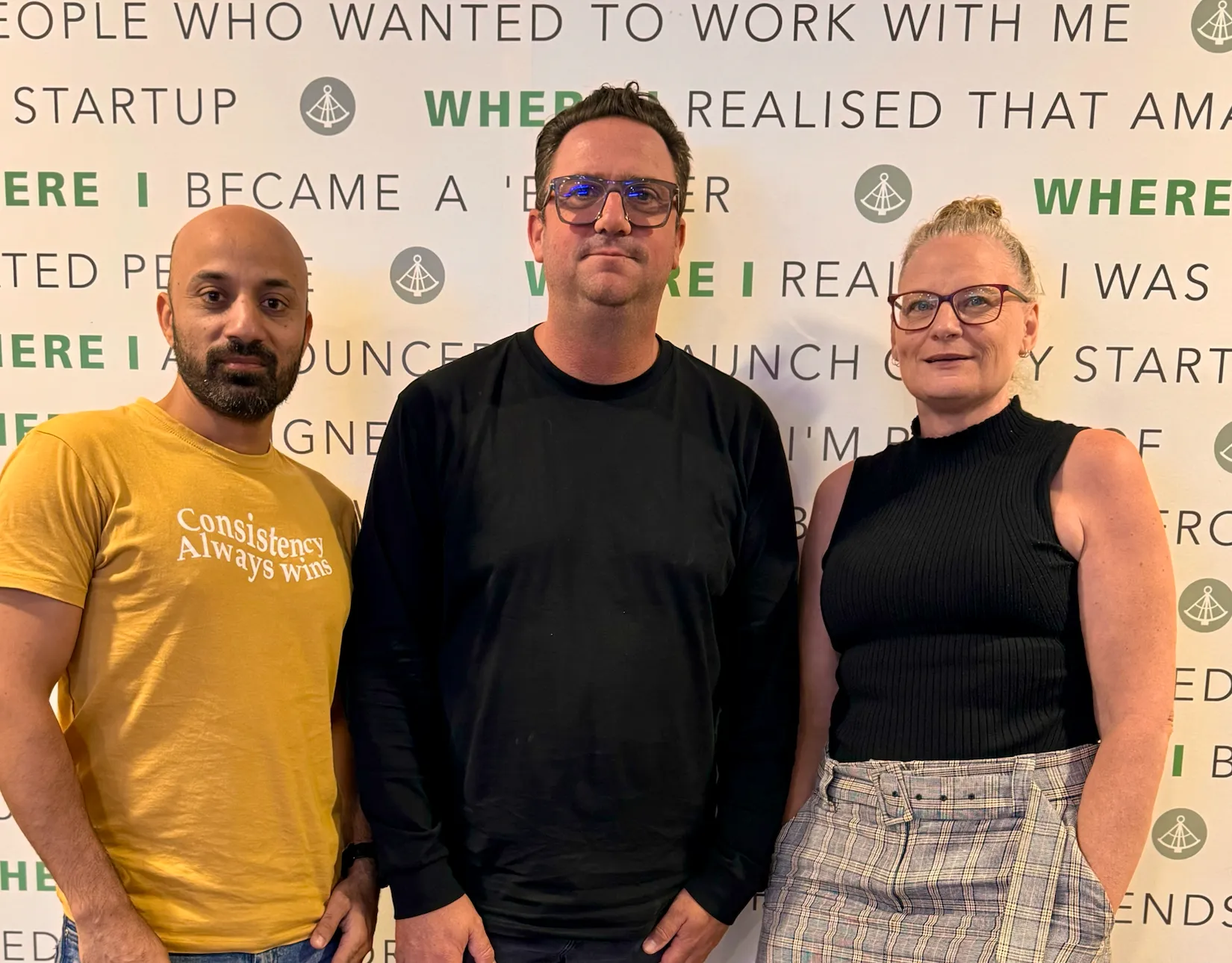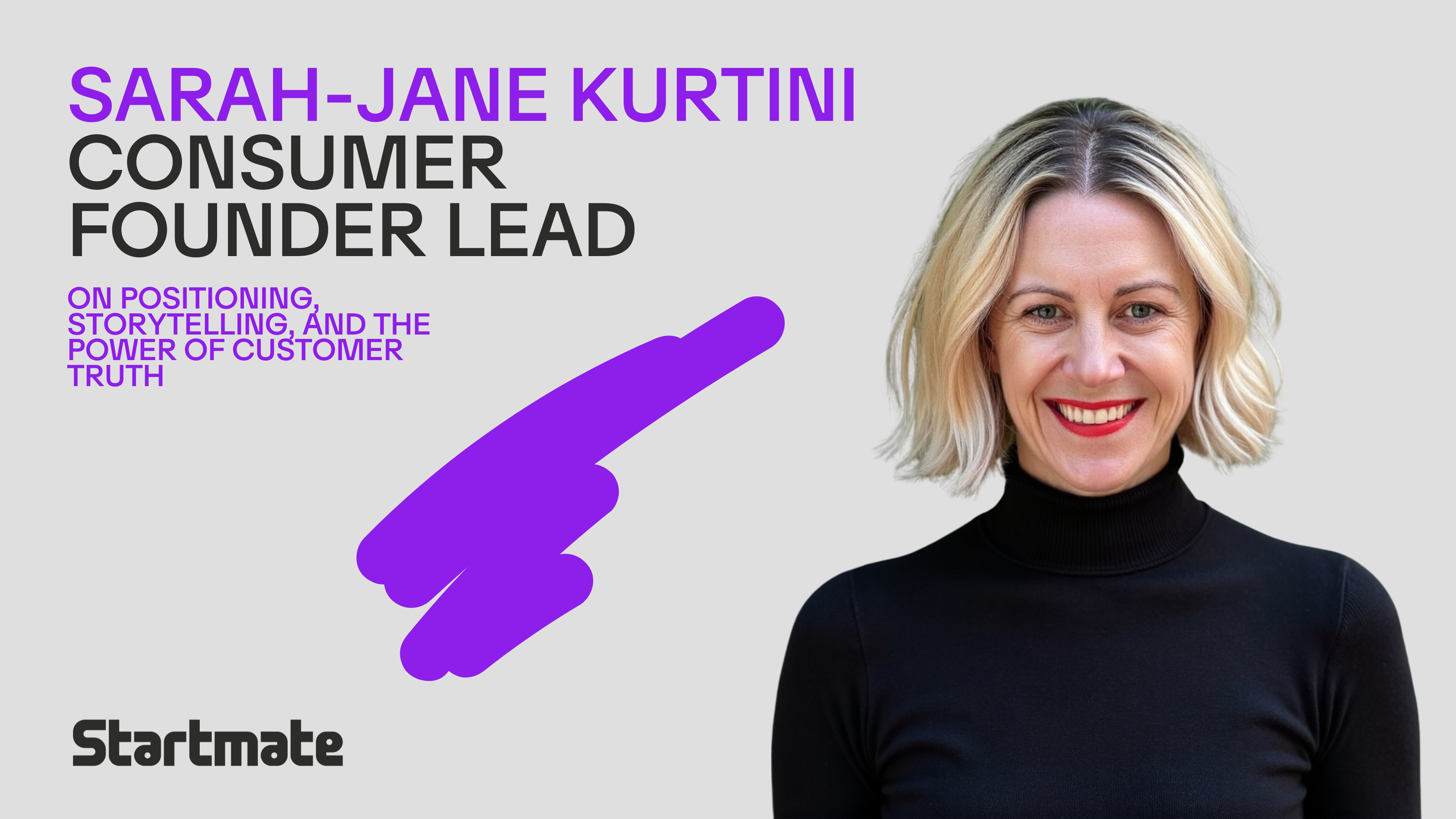Ever order something online and not receive your order on time, as promised? Most of us have been in touch with customer service trying to find out why our latest purchase never arrived. Now for a minute imagine being the customer service representative on the other side of the call essentially having to answer the question “Where’s my order” over and over for hundreds of customers every month.
5 million Australian households shop online every month. Almost all of them expect efficient delivery, with a third expecting packages to arrive faster than they did in 2019. Unfortunately, this expectation is undermined by the fact that the process from ordering to delivery is mind-bogglingly complicated. A study found that nearly 40% of inbound customer support tickets are complaints related to “where is my order”, with 56% churning after just one bad post-purchase experience.
From a customer perspective, if your order is delayed, you may be quick to attribute it to delivery. However, Tracy Godtschalk, CXO and co-founder of Keeyu, explains that the issue is much bigger than that, “Issues can happen right from when an order is placed through the fulfilment journey to when it ships or is returned. Fragmented systems not syncing, stock issues, payment issues etc. can go wrong quite quickly and frequently. Especially on days like Black Friday or Cyber Monday where systems struggle to cope with issues. E-commerce teams spend up to half their workday manually searching various software systems for order fulfilment issues, making the process time-consuming, stressful, and costly.”
By the time things go wrong and complaints start flowing in, shoppers have often started to lose their trust in a business. The business now has to focus on resolving that, responding reactively to the problem. Unfortunately, customer service teams shoulder most of this burden, bearing both customer frustration as well as responsibility for business repercussions, such as customers switching to another brand after a bad post-purchase experience.
With decades of experience in e-commerce and customer service, Jevon Le Roux (CEO), Tahir Rauf (CTO), and Tracy (CXO), co-founders of Keeyu, are intimately aware of this problem. They faced it again and again in multiple workplaces and asked themselves: what if things could be done differently?
Cracking the code
Jevon, Tahir, and Tracy first met in 2020. “E-commerce orders were going through the roof during COVID and at this time we were facing a high number of customer complaints. However, businesses were not investing in expanding their customer service teams and there were no solutions on the market to help predict and prevent post-purchase problems”, Jevon shared. This seemed to be the case no matter where they worked and as a result, they identified a deep unmet need for e-commerce businesses. This is how Keeyu, which means ‘foresight’, was born.
Explaining how Keeyu works, Jevon shared “When you as a shopper order something online, an expectation is created that it will be delivered on a specific day. Things don’t always go according to plan and you’re left wondering “where is my order?”. The next thing you do is call up customer service asking about your order and they don’t know where it is. Why? Because they don’t have full visibility of the entire order fulfilment journey. They need to go looking for a needle in a haystack investigating 28 different failure points, across 6 to 8 different kinds of software, to identify one of 14 different types of issues. Keeyu monitors those failure points in real-time and flags issues on a centralised dashboard so that customer service teams can fix them proactively, ensuring online shoppers get what they ordered on time, as promised.”
Tracy shared how they built the solution: “What we’ve done with Keeyu is move customer service and e-comm operations from reactive resolution to proactive prevention. Keeyu is everything we did manually to identify all the potential failure points you’d need to monitor every day to avoid issues.”

Beyond the benefits of proactively managing issues for customer experience and brand reputation, Keeyu also improves the day-to-day work experience of customer service teams. Jevon shared that while it takes 4 hours to fix an issue, it takes an hour to prevent it. This means that customer service managers can spend more time on the strategic operations associated with delivery rather than just on customer complaints. This improves employee engagement.
Dynamic adapting and tailored solutions
Keeyu has evolved quickly – going from idea to product in a pilot program in just five months. Even by start-up standards, Keeyu is a bona fide rocket ship. Tahir, who moved to Pakistan and works with a team of engineers there to build the software, credits this to how he and his team approached building the solution. “It has been really beneficial to set up and work with the team here in Pakistan. In the initial phases of a product, sometimes, when you don’t work together, it can be much less efficient. We are also building a plug-and-play architecture. Basically, you focus on building something and rolling out features in phases rather than trying to build everything simultaneously and then ship. Right now, we roll out a version with updated features every week”, he explained.
Keeyu’s pilot program has also allowed them to get real-time user feedback. This allows them to add features beyond their planned product roadmap, building a truly dynamic and holistic solution.
“Each business has a different technology stack and requirement. Right now, users can sign up from our website, and we onboard them based on the technology stack they use for e-commerce fulfilment. When they choose systems, it pre-defines the views of their software and what they see. Further down the line, we want to give customers the ability to build their own customised dashboards”, Jevon shared.
The team has already signed up three customers and four letters of intent and is building out a waiting list. The results from their MVP pilot have been incredible: a 90% reduction in complaints, a 29% reduction in workforce costs, and a 9% increase in customer retention rates.
Inventing the future
Jevon, Tracy, and Tahir have each been entrepreneurs in the past, but at Keeyu they’re working together as both entrepreneurs and a team. “We’ve worked together in the past, and so when we talked about this, it was pretty much a no-brainer”, Tracy said. Jevon said that it took him less than one second to say “I’m in” when he first heard the concept of Keeyu.
Each of them has specific domain expertise that complements what the other needs. “While I have technical expertise, I did not have experience in the selling side of things. However, Jevon had the opposite problem where he lacked technical expertise. Tracy is the best in the business for customer experience and that’s something we both needed”, Tahir said.
Commenting on the experience so far, Jevon said, “This is such an exciting solution to work on because we’re inventing something. The entire customer service industry is built on the notion that if there is a problem, customer service teams work to resolve it reactively after the shopper complains. We’re saying that there never has to be a problem that leads to a where is my order complaint. Keeyu predicts and prevents customer complaints because every issue that leads to an order not reaching a customer in time can be identified and proactively.”
Keeyu is focused on rapidly growing. They have an open beta planned for June with plans to raise funding after.
By offering proactive delivery prediction and efficiency, Keeyu is the holy grail for success that e-commerce businesses have been looking for.
Apply for our next Accelerator cohort here.






%204.webp)
.png)
